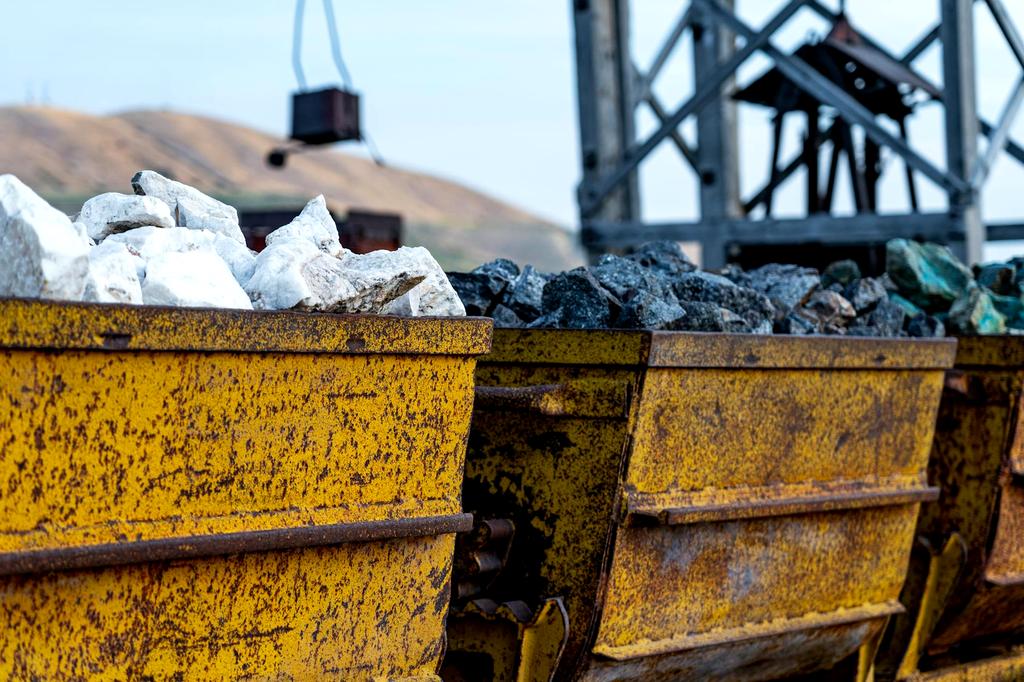
Powering Our World: The Role of Fossil Fuels
For over a century, fossil fuels have been the backbone of global energy production, driving industrialization and economic growth worldwide.
Explore More
For over a century, fossil fuels have been the backbone of global energy production, driving industrialization and economic growth worldwide.
Explore Moreof global energy comes from fossil fuels
years of coal reserves remain globally
tons of oil produced annually
The three main fossil fuels that power our world

Coal remains a primary energy source, accounting for approximately 27% of global electricity generation. It's abundant, relatively inexpensive, and widely distributed geographically.

Oil (petroleum) provides about 33% of global energy needs, with its primary use in transportation. Its liquid form makes it easy to transport and use in vehicles and aircraft.

Natural gas accounts for approximately 24% of global energy consumption, with increasing adoption due to its lower emissions compared to coal and oil.

Fossil fuels have been the cornerstone of modern economic development, providing affordable and reliable energy for industrialization.
Enabled the development of manufacturing, transportation, and technological innovation.
Powered the expansion of cities and the infrastructure needed for modern life.
Fueled transportation systems that connect the world's economies and societies.

While fossil fuels have driven progress, they also present significant environmental challenges that the world must address.
Carbon dioxide emissions from fossil fuels are the primary driver of human-induced climate change.
Combustion of fossil fuels releases particulates and gases that impact air quality and human health.
Extraction and processing can lead to water contamination and land degradation.
Navigating the transition to a balanced energy portfolio
Advanced technologies like carbon capture and storage (CCS) and more efficient combustion methods are reducing the environmental impact of fossil fuels.
While renewable energy sources grow, fossil fuels will continue to play a significant role in the global energy mix, especially in developing economies.
Government policies and international agreements are shaping how fossil fuels are used, with increasing focus on emissions reduction and sustainability.
The role of fossil fuels is evolving rather than ending. The challenge lies in balancing energy security, economic development, and environmental sustainability.
Join the ConversationInsights from industry leaders and energy experts
"The transition away from fossil fuels will be gradual, requiring careful planning to maintain energy security while addressing climate concerns."

Energy Policy Analyst
"Innovation in fossil fuel technologies, particularly in reducing emissions, will be critical for meeting global energy demands while addressing environmental concerns."

Chief Technology Officer
"Developing economies still require affordable and reliable energy sources for growth. Fossil fuels, used responsibly, remain essential to this development."

Economic Development Specialist